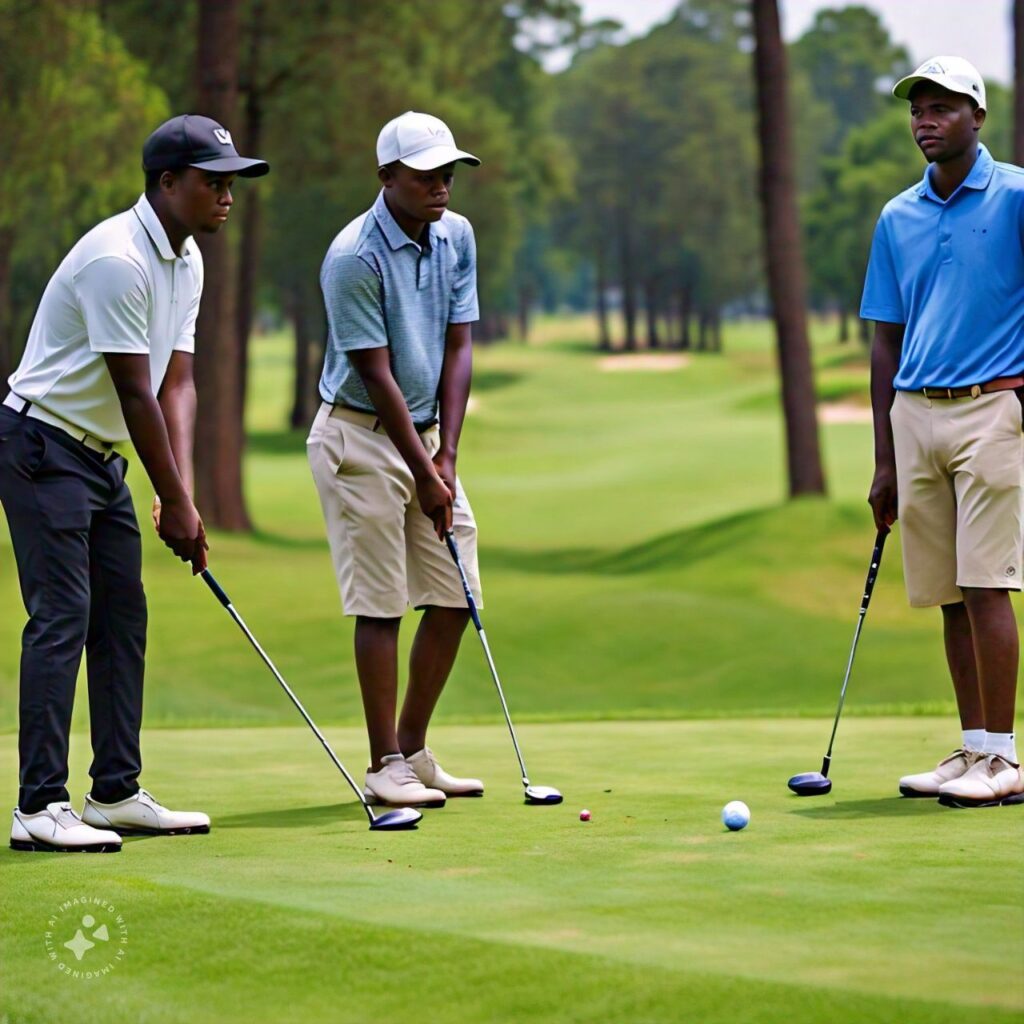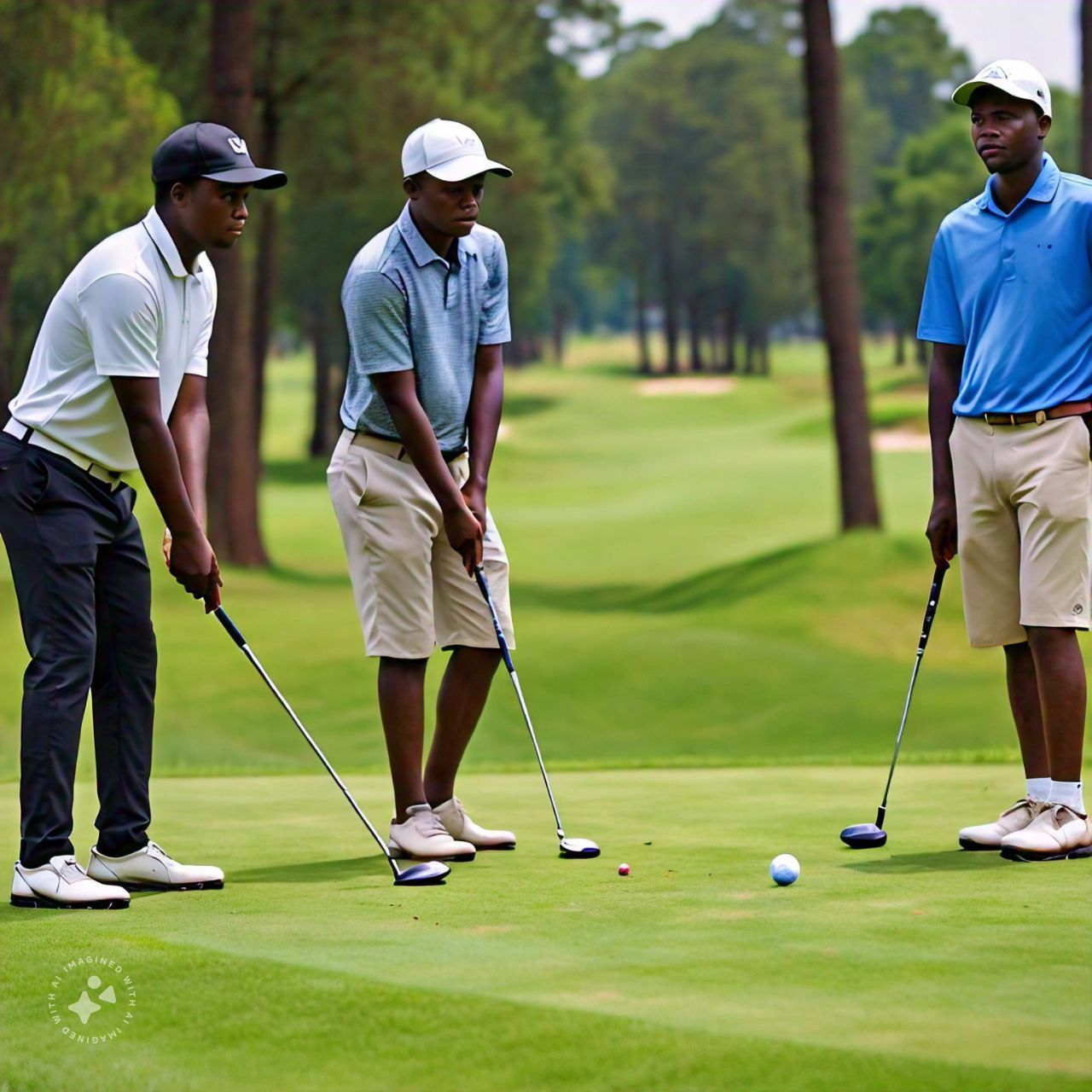By Twink Jones Gadama
Golf, often perceived as an elite sport, has an intriguing connection with charity in Malawi.
This association is deeply rooted in the country’s history and cultural context, as well as the sport’s unique dynamics.
As we explore the intersection of golf and philanthropy in Malawi, we uncover a narrative of compassion, community, and collective impact.

Golf was introduced to Malawi during the colonial era, with the first course established in 1927 at the Blantyre Sports Club.
Initially, the sport catered to the country’s expatriate community and affluent locals.
However, as independence dawned in 1964, golf began to transcend its exclusive reputation, and local business leaders, politicians, and entrepreneurs adopted the sport, recognizing its potential for networking and community engagement.
Consequently, Malawi’s golfing community started organizing charity tournaments in the 1980s, leveraging the sport’s exclusivity to raise funds for social causes.
These events attracted high-profile attendees, including politicians, business leaders, and international donors.
The inaugural President’s Charity Golf Tournament in 1985 set the stage for this fusion of golf and philanthropy.
Several factors contribute to golf’s enduring charity legacy in Malawi.
Firstly, golf provides a unique platform for business leaders, politicians, and influencers to connect, fostering partnerships and collaborations that extend beyond the course.
Moreover, golf’s elite reputation attracts high-end sponsors and donors, leveraging the sport’s prestige to secure funding for social causes.
Additionally, golf clubs and events serve as hubs for community outreach, promoting social responsibility and volunteerism among members.
Meanwhile, Malawi’s golfing community maintains strong ties with international organizations, facilitating access to global funding and expertise.
Notably, charity golf initiatives have made a significant impact in Malawi, with the Presidential Charity Golf Tournament raising millions of kwachas for various causes, including education, healthcare, and disaster relief.
Furthermore, the Malawi Open, an international golf tournament, has attracted global attention, generating funds for local charities and promoting tourism.
Similarly, Golfers Against Poverty, a local organization, uses golf to support economic empowerment programs and community development projects.
Despite these successes, challenges persist.
Golf remains an exclusive sport, limiting participation and engagement from marginalized communities.
Moreover, charity golf initiatives often rely on international donors, creating sustainability concerns.
Some argue that charity golf focuses too heavily on mainstream causes, neglecting lesser-known issues.
To address these challenges, Malawi’s golfing community must increase inclusivity by implementing programs to make golf more accessible to diverse demographics.
It is also crucial to diversify funding streams by developing local fundraising initiatives and partnerships to reduce dependence on external donors.
Furthermore, broadening the charitable focus to support a wider range of causes, including grassroots initiatives and marginalized communities, is essential.
In conclusion, golf’s charity legacy in Malawi serves as a testament to the sport’s transformative power.
By understanding the historical context and complexities surrounding charity golf, we can foster a more inclusive, sustainable, and impactful philanthropic landscape.
As Malawi’s golfing community continues to tee off for a cause, the ripple effects of compassion and community will resonate far beyond the course.



